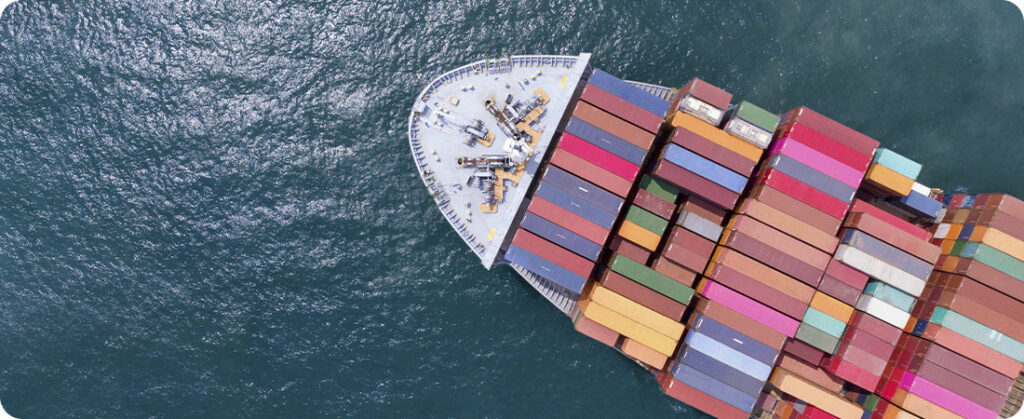
Ocean freight rates for shipping grain from the U.S. Gulf and Pacific Northwest decreased in the third quarter compared with the previous quarter and the previous year, according to a report from the United States Department of Agriculture (USDA). ), released by World Grain.
Compared to the previous four-year average, rates for the Gulf and Pacific Northwest routes to Japan decreased, while rates for the U.S. Gulf routes to Europe increased, according to the 26-year Grain Transportation Report. USDA October.
Impact of weather conditions, Black Sea grain corridor and Chinese economy
The USDA reported volatility in ocean freight rates. This occurred quarterly and annually. Reasons include extreme weather, the closure of Ukraine's Black Sea grain corridor and concerns about China's economic recovery.
In the third quarter, average sea freight rates for transporting bulk grain from the Gulf to Japan were US$50.76 per ton. This represented a drop of 2% compared to the previous quarter. Additionally, there was a decrease of 22% compared to the previous year. There was also a drop of 15% compared to the average of the previous four years.
In the Pacific Northwest to Japan, average rates in the third quarter were US$27.43 per ton. This marked a decrease of 3% compared to the previous quarter and a decrease of 28% compared to the previous year. Tariffs fell by 18% compared to the average of the previous four years.
Tariffs from the Gulf to Europe in the third quarter were US$25.87 per tonne. This marked a decline of 8% from the previous quarter. Furthermore, there was a reduction of 19% compared to the previous year. However, compared to the average of the previous four years, rates increased by 4%.
Impacts of the carbon tax and demand for ships
Current rates, while below annual peaks reached in the week ending September 21, are considered strong compared to most of the third quarter. The USDA noted that rates had fallen in the two weeks prior to the report.
The USDA mentioned that imports of corn Brazilian at competitive prices, as well as large quantities of corn Ukrainian ships that began shipping in October are driving demand for Panamax vessels.
World Grain reported that, from January 1, 2024, the European Economic Area (European Union, Iceland, Liechtenstein and Norway), will charge a carbon tax at all port calls. Research has indicated that a carbon tax could increase transportation costs by raising freight rates or increasing transit times, according to the USDA.
Additionally, the start of the harvest season in North America could increase demand for ships and drive up tariffs. The USDA stated that “the market remains hesitant due to the slow recovery of the global economy, marked by high inflation.” Furthermore, he pointed out that “the dry bulk market still has an abundant supply of ships”, which could lead to a reduction in rates.
Source: Oils & Fats International












